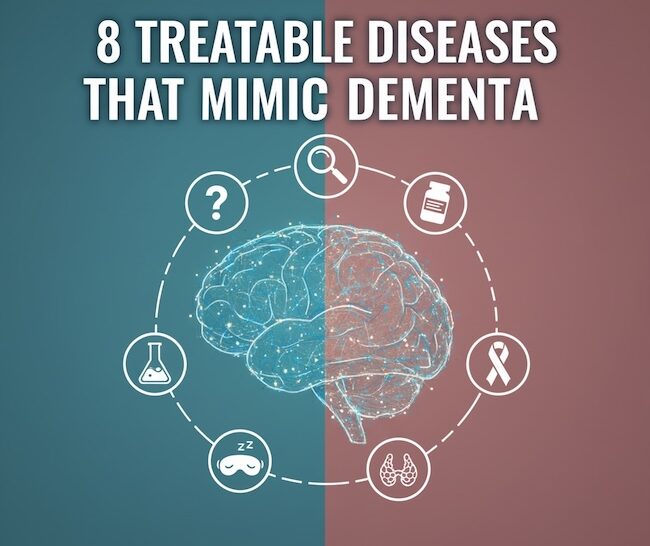So many families ask, “How is dementia diagnosed?” If you’re concerned that your loved one might have Alzheimer’s disease or dementia, it’s essential to know how to get an accurate diagnosis. This is essential because other reversible health conditions could cause dementia-like symptoms. A correct diagnosis is necessary for appropriate treatment. Knowing what a doctor should evaluate helps you protect your loved one in case their…




















